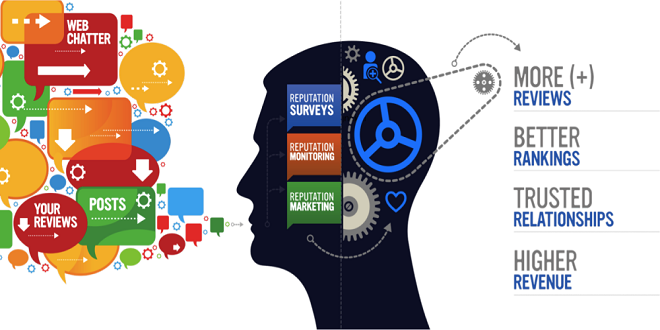Customer relationship management

Introduction
Most business people are familiar with the term CRM, or to give it its full title Customer Relationship Management. However, while there is a degree of familiarity there is no general consensus in relation to what CRM actually entails. In short, CRM differs from organisation to organisation in terms of both definition, application and process.
While no universal definition of CRM exists, few would decry the growing importance of the concept. All definitions/versions of CRM have a core guiding principle relating to the effective development and management of relationships with customers. Ultimately, such relationships sustain the key drivers of business success (e.g. customer loyalty).
Strategic versus operational CRM
CRM can be conceived as operating on two levels. Firstly, strategic CRM aims to contribute to making the business more market orientated. Essentially, market orientation means understanding and meeting customer needs, with the customer being the focal point of the business. This is an all-embracing process involving corporate culture, staff development and major infrastructure investment.
CRM has a key part to play in developing relationships with, and retaining, customers. It is a business philosophy more than a process. Secondly, at an operational level CRM is essentially a process of automating activities and the providing of assistance to customer-facing activities (e.g. a helpdesk) using the technology described above. For example, customers who have not used a service for a while could be e-mailed with a discount offer to encourage use
What makes a strong relationship?
The heart of any CRM programme is relationship building. Relationship marketing is a commonly held marketing principle. The process aims to build and enhance strong relationships with customers and other related groups (e.g. suppliers). Subsequently, CRM should assist this fundamental process. From a marketing perspective a relationship has several key drivers
Lifetime customer value
The term lifetime customer value is an important marketing concept. It is used to differentiate between customers and identify those an organisation should concentrate on. Peppers and Rogers (1997) state ‘some customers are more equal than others’ and organisations need to learn to ‘capitalise on customer differences’. Customer lifetime value takes into account the potential revenues generated over a specific period of time by a customer.
Economic models can be used to establish the value of various customer groups and allocate marketing resources accordingly. Marketers need to predict future purchasing behaviour based on general trends and customer profiles. For example, in the banking sector, banks may be willing to sustain losses on operating children’s accounts on the basis that the child may well continue to bank with the provider for their entire lifetime.





